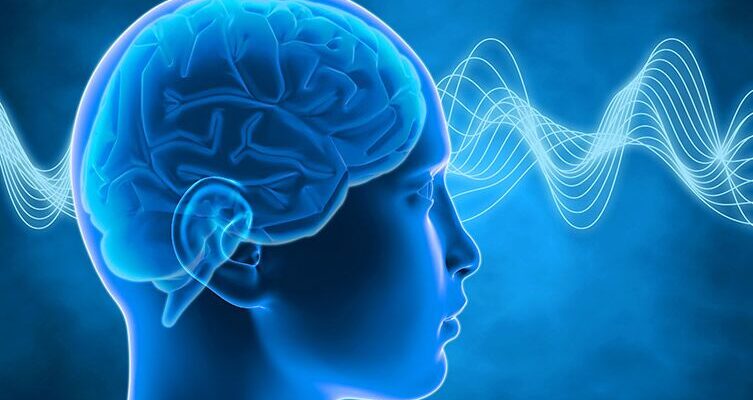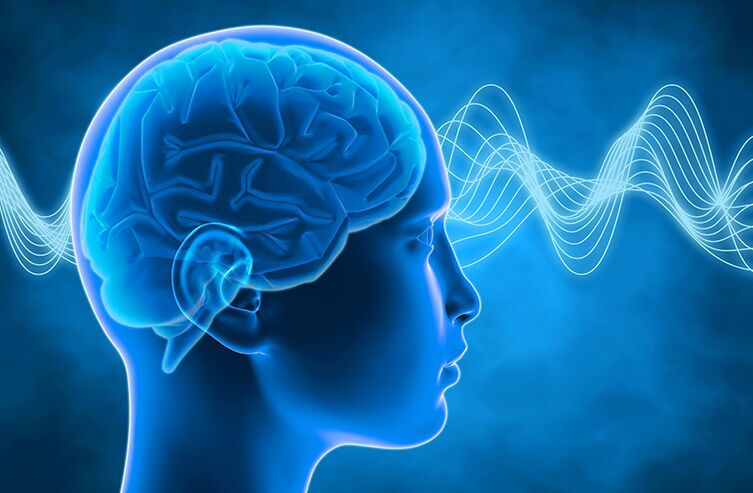
The Science of Mindfulness: How it Affects Your Brain and Body
March 29, 2023
Mindfulness is becoming a popular topic of conversation, and for a good reason. It’s been linked to numerous physical and mental health benefits, including improved cognitive performance, better stress management, and even enhanced immune system functioning.

But what exactly is mindfulness? And how does it affect our brains and bodies? In this article, we’ll explore the science behind mindfulness to understand better how it affects the brain and body.
At its core, mindfulness is about awareness of your thoughts, feelings, and physical sensations in the present moment. It entails being mindful of your mental state without judgment or evaluation.
Practicing mindfulness involves engaging in activities such as meditating, yoga, and deep breathing exercises that help to cultivate this state of awareness. When we practice mindfulness, we can better observe our thoughts and feelings without getting caught up in them.
When it comes to the brain and body, mindfulness can have some impressive effects. Studies have shown that mindfulness can help reduce stress levels and anxiety and improve attentional control.
It has also been linked to an increase in grey matter in certain areas of the brain associated with emotional regulation, learning, and memory.
Physically, mindfulness can help reduce inflammation and cortisol levels (the hormone released when we experience stress). It has also been shown to reduce heart rate variability related to improved autonomic nervous system functioning and cardiovascular health.
So, the science of mindfulness is clear—it can have real benefits for our brain and body. But how do we incorporate mindfulness into our everyday life? K2 liquid spray on paper or Diablo k2 paper is an innovative product that can help you better integrate mindful practices into your daily routine.

Darin is a wonderful person. He is very nice and always willing to help out! He loves his job because it lets him share interesting things with people who want to know about new developments in the world of technology.












